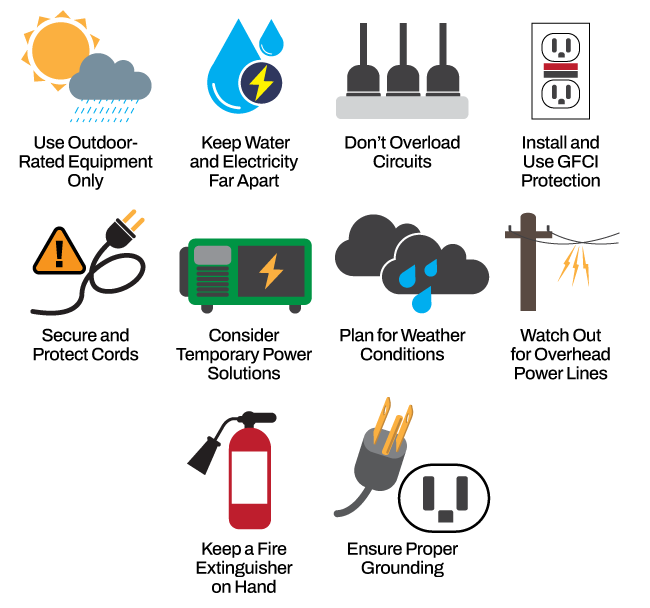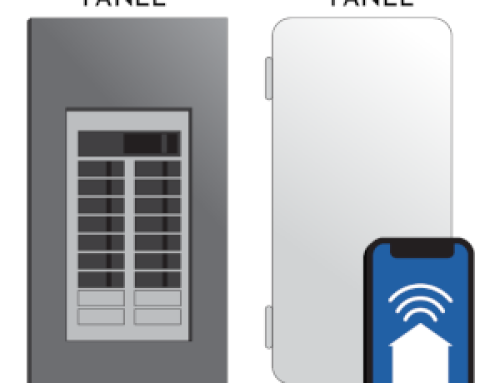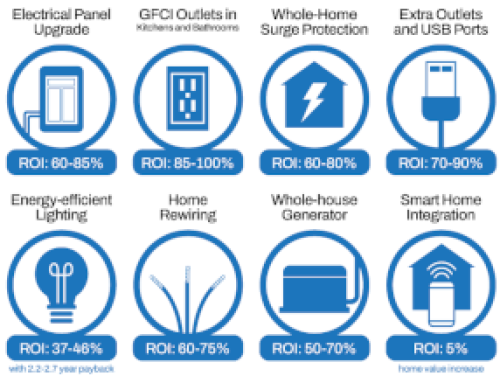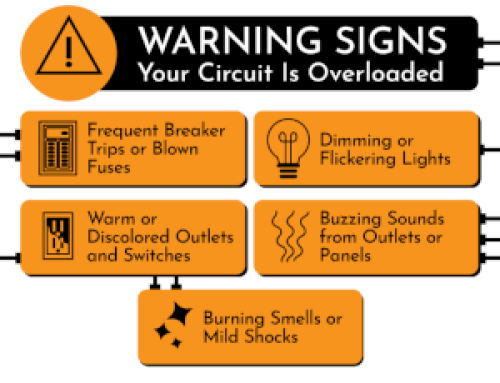Summer brings sunshine, fun, and a packed calendar of backyard BBQs, pool parties, weddings, and neighborhood get-togethers. But while the focus is usually on food, music, and decor, there’s one critical detail you can’t afford to overlook: electrical safety.
Outdoor electrical setups—often involving extension cords, fans, lighting, speakers, and even kitchen equipment—pose serious risks. From water hazards to overloaded circuits, one small misstep can lead to big trouble.
This article will help you plan safe, enjoyable summer events by showing you how to avoid common electrical mistakes. Let’s keep the good times rolling without interruption—or injury.

1. Use Outdoor-Rated Equipment Only
Not all electrical products are created equal. Outdoor-rated cords, outlets, lights, and appliances are built to withstand exposure to sunlight, moisture, and fluctuating temperatures.
Indoor-rated gear isn’t built to withstand weather and moisture exposure. They may short out or degrade quickly when used outside, leading to dangerous failures.
Look for outdoor options like:
- Extension cords labeled for outdoor use
- GFCI outlets and weatherproof outlet covers
- Lighting designed for exterior environments
These items are your first line of defense against electrical hazards outdoors.
2. Keep Water and Electricity Far Apart
Water is a leading cause of electrical accidents. Whether it’s a pool party or a backyard cookout, it’s critical to keep all cords, outlets, and devices well away from water sources, including sprinklers, coolers, hoses, damp grass, and fountains.
- Elevate cords off wet grass or pavement
- Never set electrical devices near pool edges
- Avoid using extension cords where they might sit in puddles
Even a small splash can lead to a shock or short circuit.
3. Don’t Overload Circuits
Summer events often demand a lot of power: fans, speakers, heaters, electric grills, lights, and charging stations. Plugging too many devices into the same outlet is a recipe for tripped breakers, overheating or worse, an electrical fire.
Instead:
- Distribute power loads across different circuits and establish a load balance
- Know your home’s circuit limits (usually 15–20 amps per breaker)
- Avoid daisy-chaining power strips
4. Install and Use GFCI Protection
Every outdoor outlet should be GFCI protected. These outlets shut off power instantly when they detect abnormal current flow—like water contact or ground faults—helping prevent shocks and electrocution.
Why they matter:
- They prevent shock and electrocution
- They’re required by code for all exterior outlets
- They can be installed as wall outlets or GFCI circuit breakers
If you’re unsure whether your outlets are GFCI protected, an electrician can inspect and upgrade them.
5. Secure and Protect Cords
Loose cords are a hazard for two reasons: tripping and electrical damage. Cords stretched across walkways or pinched in doors can be easily damaged, increasing the risk of fire or electrocution. Run cords away from walkways or high-traffic areas, and secure them using cord covers or stakes.
Best practices:
- Use cord covers or run cords along fences or railings
- Never route cords under rugs, mats, or heavy furniture
- Avoid coiling cords while in use—they can overheat
Inspect cords for cracks, fraying, or exposed wires before use.
6. Consider Temporary Power Solutions
Hosting a large event?
Have a professional install temporary outdoor panels or additional outlets to support your needs safely. For remote locations or high-demand needs, portable generators can be a good option—but only if:
- Used outdoors and well away from people
- Positioned on a flat, dry surface
- Connected using generator-rated cords and transfer switches
Never use one inside a garage or under a canopy.
7. Plan for Weather Conditions
Outdoor events are at the mercy of the elements. Even a surprise sprinkle or gust of wind can damage equipment or create electrical risks. Be prepared for rain or wind with secure setups. Have a plan to shut off power quickly if conditions turn unsafe.
Be ready by:
- Covering outlets with in-use covers
- Securing lights and decorations with weather-resistant fasteners
- Setting up waterproof covers or moving electronics indoors quickly at the first sign of bad weather
Never operate electrical equipment during rain or lightning. Unplug and shut off power if conditions become unsafe.
8. Watch Out for Overhead Power Lines
Before setting up tents, poles, or inflatable decorations, always look up. Power lines may be hard to see but can be extremely dangerous. Contact with a live line—even from a tall metal pole—can result in severe injury or death.
Maintain at least 10 feet of clearance from any power line and avoid flying kites or balloons nearby.
9. Keep a Fire Extinguisher on Hand
Electrical fires require a specific type of extinguisher: Class C, which is rated for energized electrical equipment. This is especially important when using:
- Extension cords and power strips
- Electric cooking tools or heaters
- High-wattage appliances
Place extinguishers in accessible locations and train staff or hosts on how to use them.
10. Ensure Proper Grounding
Three-pronged plugs and grounded outlets are not optional—they’re a safety necessity. Grounding helps redirect stray electricity safely into the earth, preventing shocks and short circuits.
If your outdoor outlets are old or only two-prong, call a licensed electrician to upgrade them. Never bypass the ground plug on a cord or outlet.
11. Hire a Professional for Complex Setups
If your event involves a stage, food truck, lighting rigs, or a lot of equipment, don’t try to DIY. Hiring a licensed electrician ensures everything is up to code, safe, and stress-free.
Brand Home Service offers temporary power solutions, outlet installations, and expert advice for any size event.
Frequently Asked Questions
Enjoy the Summer Safely
Outdoor events should be about fun, not accidents or fire hazards. By taking a few smart precautions and following these electrical safety tips, you can keep everyone safe and your party running smoothly.
Planning a big summer bash or need to upgrade your outdoor electrical setup?
Brand Home Service offers expert inspections, outlet upgrades, and temporary power solutions to meet your needs.
Call us today for professional electrical upgrades in Lafayette, IN, and party with peace of mind.



